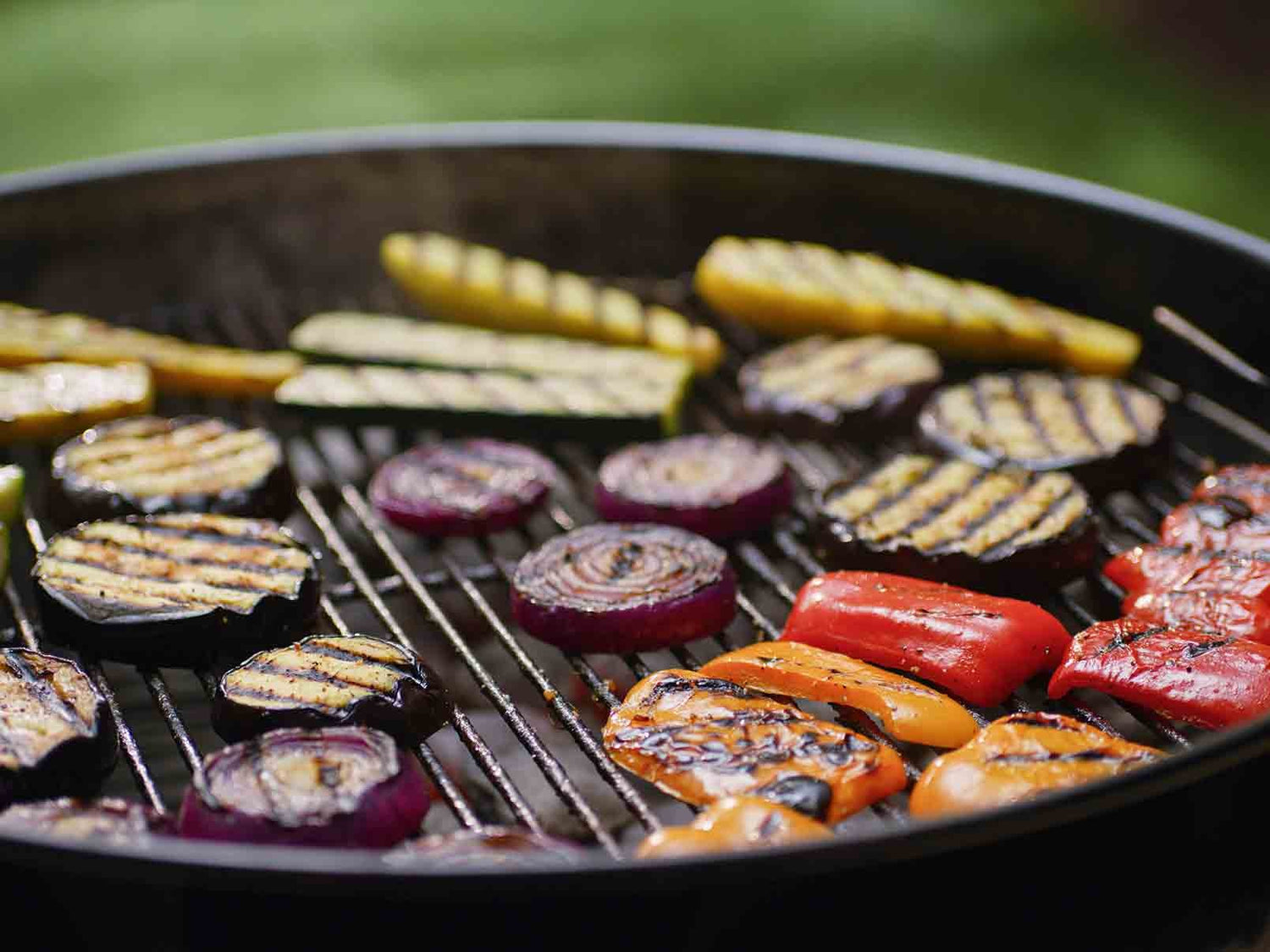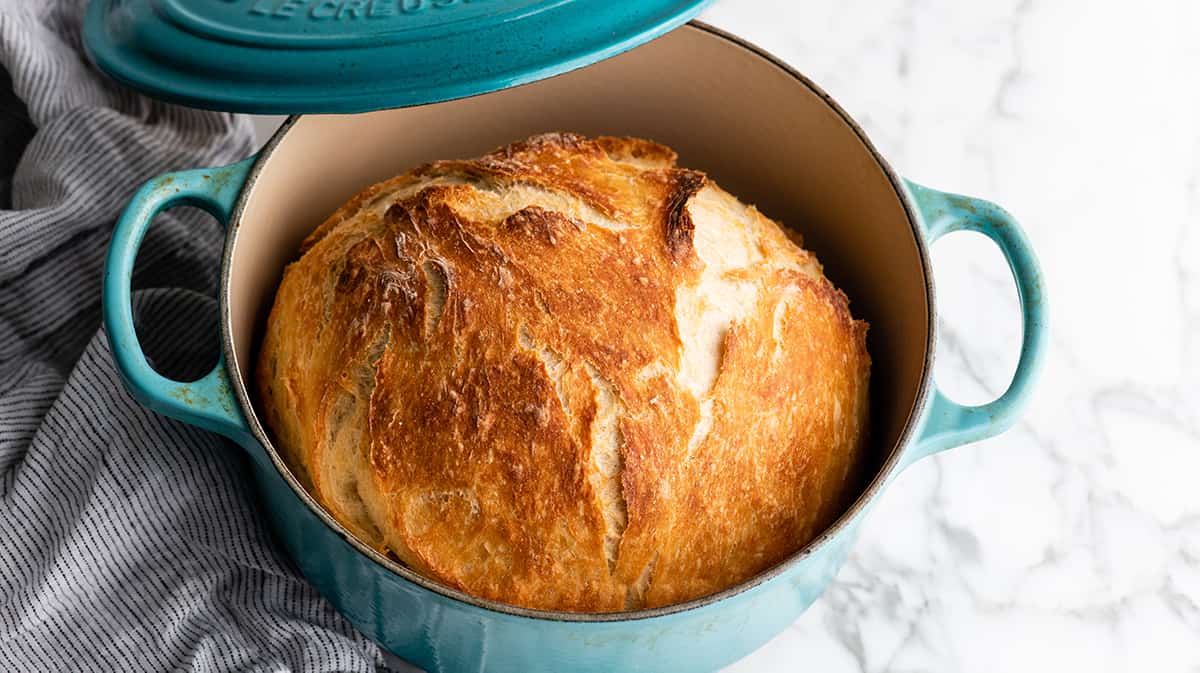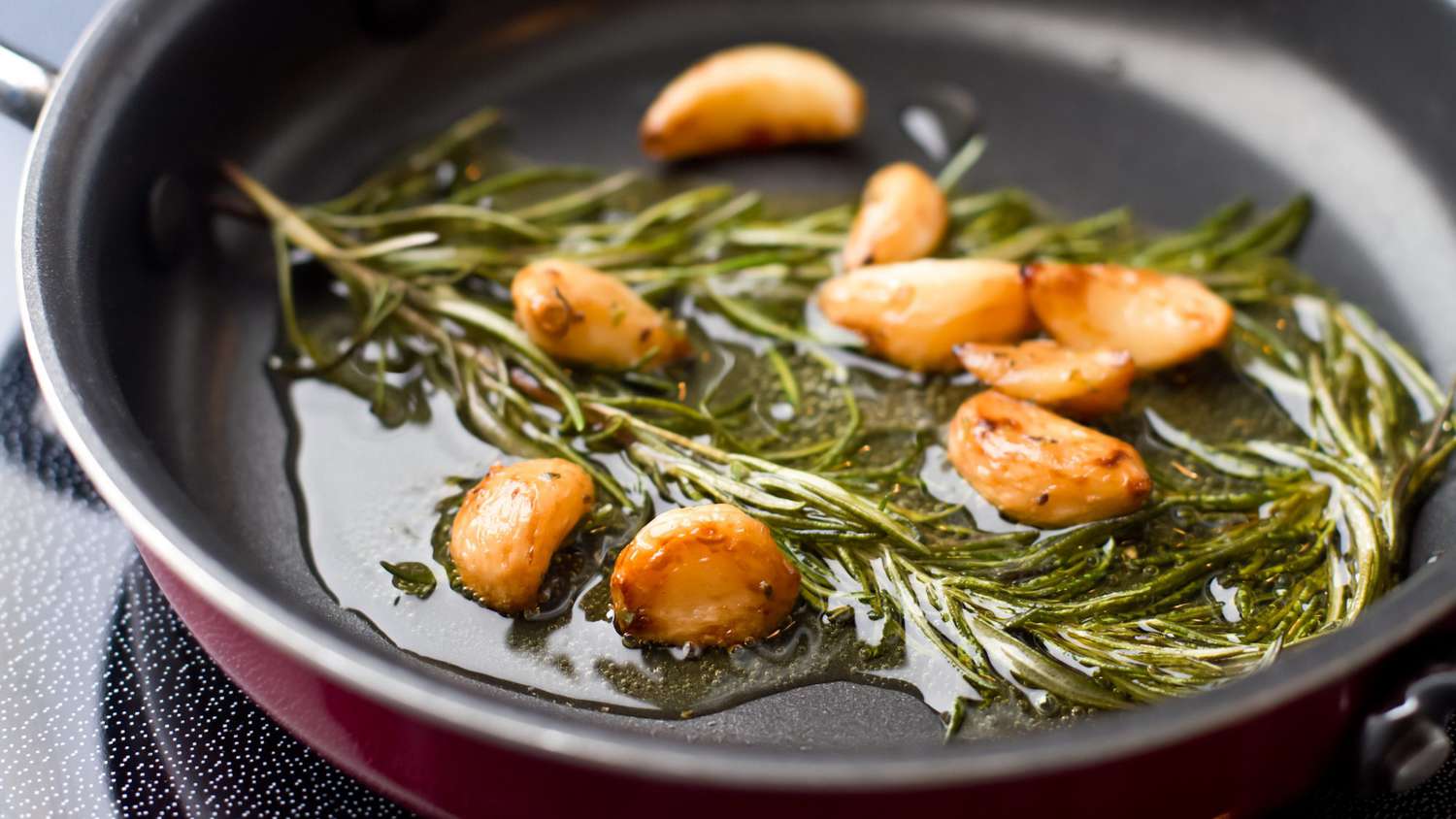
Introduction
Are you often puzzled about what to do with used cooking oil? You're certainly not alone. Many of us who spend considerable time in the kitchen confront this common issue. Whether you're a professional chef or love cooking at home, managing used cooking oil is an essential skill to master. In this comprehensive guide, we'll explore various practical and innovative ways to handle, recycle, and repurpose used cooking oil. These methods not only ensure a clean and eco-friendly kitchen but come with some incredible benefits!

Why Proper Disposal of Used Cooking Oil Matters
Proper disposal of used cooking oil is not just a personal responsibility but an environmental imperative. When disposed of irresponsibly, used cooking oil can clog pipes, contaminate water sources, and even harm wildlife.
Many are unaware of the serious consequences of improper oil disposal, which can include expensive plumbing repairs and environmental damage. Understanding the critical importance of correct disposal techniques enables us to contribute to a safer and cleaner planet.
Environmental Impact
Improper disposal methods, like pouring oil down the drain, can have devastating effects. The oil can solidify and create blockages in plumbing systems, leading to costly repairs. Additionally, when oil enters natural water bodies, it forms a film on the water's surface. This film interferes with oxygen levels, threatening aquatic and bird life. Thus, knowing how to manage used cooking oil is essential for promoting sustainability.
Health Implications
Reusing cooking oil repeatedly can have significant health risks. Continuous heating of oil can release harmful substances and increase the risk of various health issues. Therefore, understanding how to handle used cooking oil effectively is crucial for maintaining both your health and well-being.

Common Mistakes and Misconceptions About Used Cooking Oil
Pouring Oil Down the Drain
A common mistake is disposing of used cooking oil by pouring it down the drain. While it may seem harmless, it can cause severe plumbing problems and lead to hefty repair bills. Instead, seek more sustainable oil management methods.
Throwing it in the Trash
Another frequent error is discarding cooking oil in the trash. This can result in leaks and create a mess, potentially causing sanitation issues. Learning proper ways to manage used cooking oil can help you avoid these common pitfalls.

Methods for Recycling Used Cooking Oil
Turn It Into Biodiesel
One effective way to recycle used cooking oil is by converting it into biodiesel. Specialized facilities accept used oil and refine it into a clean-burning alternative fuel. This not only helps reduce waste but also supports renewable energy initiatives. Look for biodiesel recycling programs in your area that actively seek used cooking oil.
Soap Making
Surprisingly, used cooking oil can be transformed into homemade soap. By following a few simple steps, you can produce eco-friendly soap that is gentle on the skin. This method not only makes good use of used oil but also saves money on commercial soaps.
Compost Additive
In small quantities, cooking oil can serve as a compost additive. It provides essential nutrients to your compost pile, aiding the breakdown of organic material. Be sure to mix the oil thoroughly to avoid attracting pests.
Creative Ways to Repurpose Used Cooking Oil
Lamp Oil
Used cooking oil can be repurposed into lamp oil. With some basic DIY steps, you can create your oil lamp, providing a sustainable and cost-effective lighting solution. This method is especially useful during power outages or camping trips.
Conditioning Wooden Furniture
If you have wooden furniture that looks a little worn, used cooking oil can be a great conditioning agent. Apply a small amount on a cloth and rub it into the wood to bring out a renewed shine.
Safe Storage Tips for Used Cooking Oil
Choose the Right Container
Using appropriate containers ensures the longevity of stored oil and prevents contamination. Opt for sturdy, leak-proof, and heat-resistant containers. Old glass jars or stainless-steel canisters are excellent choices.
Labeling and Date Tracking
Always label your containers with the type of oil and the date it was used. This helps keep track of its shelf life and avoids health risks associated with old oil.
Organizations and Programs That Accept Used Cooking Oil
Local Recycling Centers
Many local recycling centers have programs specifically designed to collect used cooking oil. These programs ensure the oil is processed and recycled correctly. Check with your local authorities for more information.
Community Drop-off Points
Some communities have dedicated drop-off points for used cooking oil, such as schools, libraries, or municipal offices. These points provide a convenient way for residents to dispose of their oil responsibly.
Partnership with Restaurants
Many restaurants have protocols for oil disposal and recycling. By reaching out, you may find that theyre willing to accept your used cooking oil, helping both you and their recycling efforts.
Conclusion
Understanding how to handle used cooking oil is invaluable for anyone spending time in the kitchen. Whether you choose to recycle, repurpose, or dispose of it properly, your actions can have a significant impact on both your personal and environmental well-being. By following these guidelines, you ensure a cleaner kitchen and contribute to a more sustainable world.
FAQs
1. Can used cooking oil be composted?
Yes, used cooking oil can be composted, but in small quantities. It provides essential nutrients to the compost pile, aiding in the breakdown of organic material. Make sure to mix the oil thoroughly to avoid attracting pests.
2. What types of oil are best for recycling into biodiesel?
Most types of cooking oils, including vegetable oil, canola oil, and olive oil, can be recycled into biodiesel. However, it's essential to check with your local biodiesel program for any specific requirements.
3. Can used cooking oil expire?
Yes, used cooking oil can expire and become rancid over time. It's crucial to store it in a cool, dark place and use the oil within a few weeks to ensure it's still suitable for repurposing or recycling.
If you found this guide helpful and want to learn more about responsible kitchen practices, explore the EPA's recommendations on used oil management. For additional resources on maintaining a clean kitchen, you can also learn how to clean kitchen tiles perfectly.
As an Amazon Associate, I earn from qualifying purchases.






Leave a comment
This site is protected by hCaptcha and the hCaptcha Privacy Policy and Terms of Service apply.